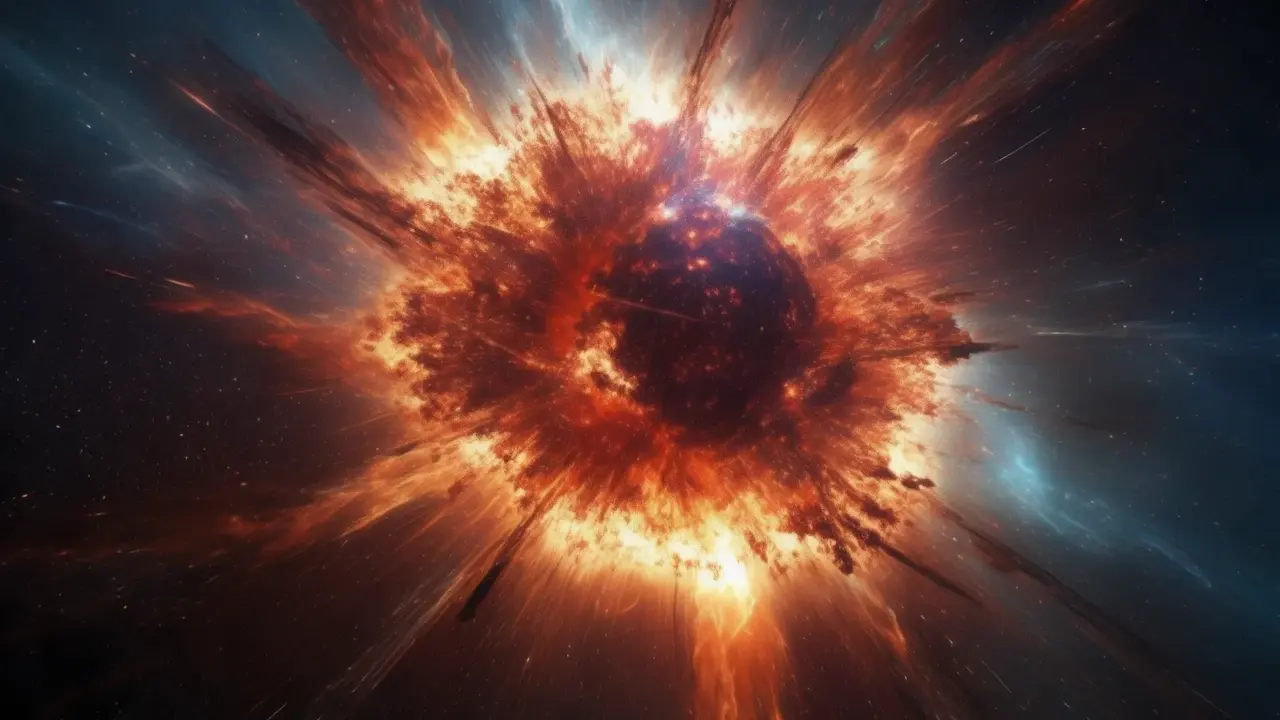Anatoly Pavlov, senior researcher at the Mass Spectrometry Laboratory of the Physicotechnical Institute of the Russian Academy of Sciences, explained that if C-14 is incorporated into DNA molecules, its decay can disrupt the structure of genetic molecules. This can lead to inappropriate cell development and trigger diseases such as cancer, hereditary pathologies and mutations.
Although carbon C-14 has a long half-life of about 5,700 years, scientists warn that supernova explosions can significantly increase its concentration in the body. An increase in the amount of this isotope as a result of particle fluxes from star explosions may increase the risk of adverse scenarios for human health.
Source: Ferra
I am a professional journalist and content creator with extensive experience writing for news websites. I currently work as an author at Gadget Onus, where I specialize in covering hot news topics. My written pieces have been published on some of the biggest media outlets around the world, including The Guardian and BBC News.











